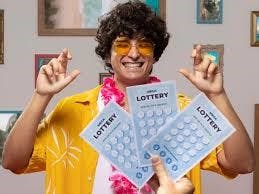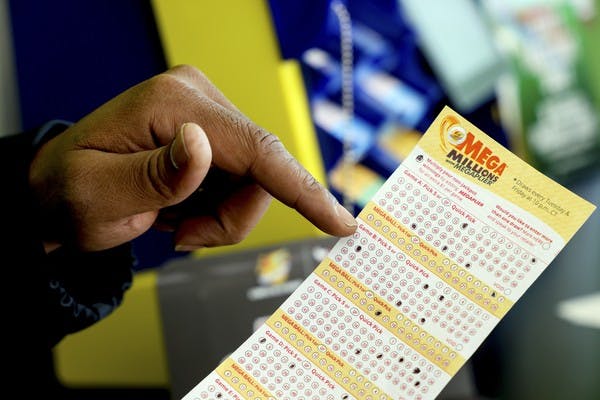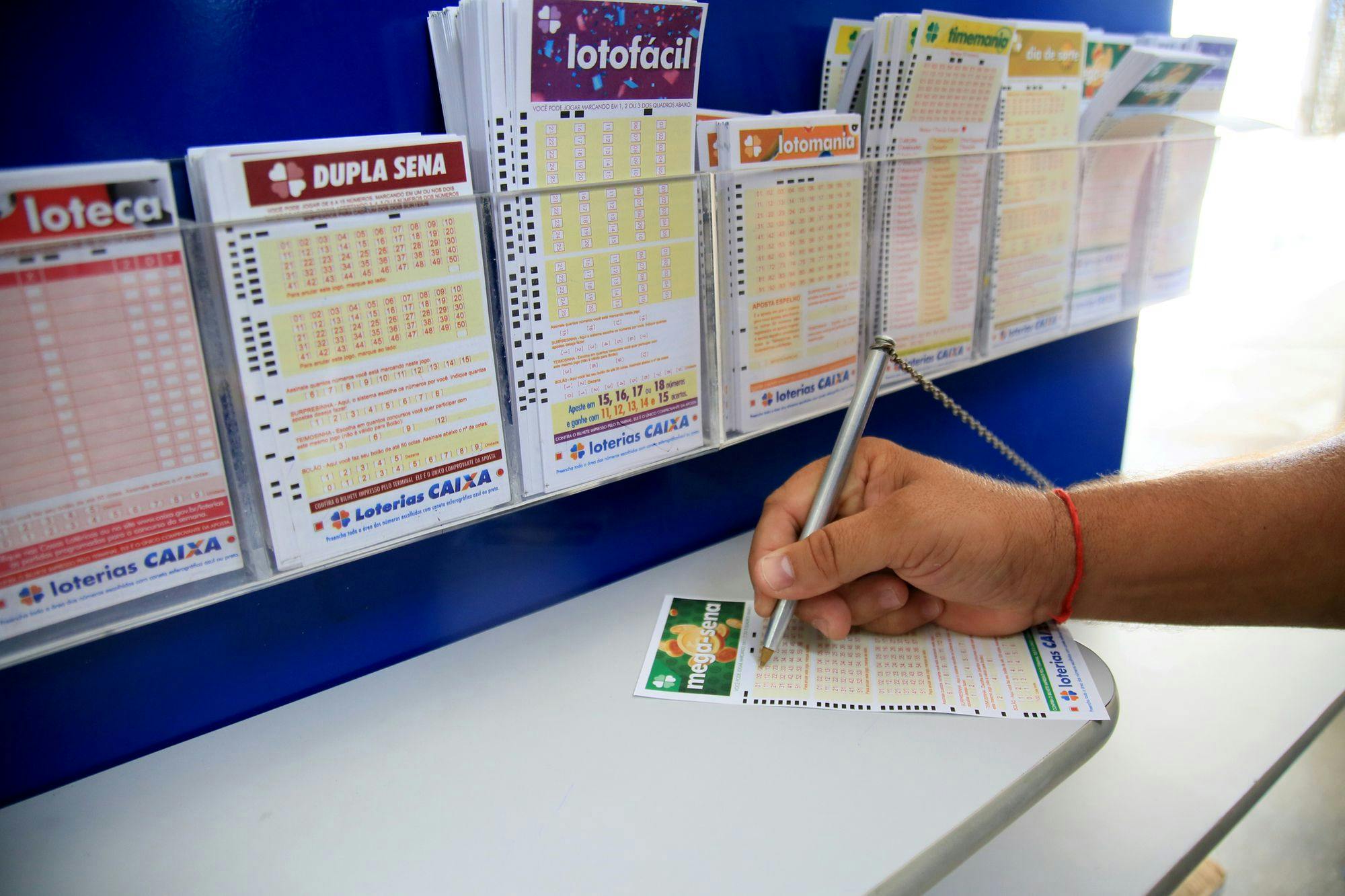Why Do We Play the Lottery?
Psychological and Sociological Aspects that Motivate Lottery Players
The Lottery House
tags:
curiosity
psychology

The Fascination with the Impossible: The Psychology Behind Betting
The lottery is a global phenomenon that captures the imagination of millions of people. Whether in small villages or large metropolises, the expectation of becoming a millionaire overnight crosses cultures and borders. The attraction to lotteries is not just a matter of mathematics or probability but involves profound psychological and sociocultural aspects. From the hope for a better future to the massive influence of the media, various factors shape the behavior of players. But why do people play the lottery, knowing that the chances of winning are very small? This article details the main reasons why people play the lottery, highlighting psychological aspects, the role of advertising, and cultural variations in the perception of betting.
Theories of Hope and Expectations

The Psychology of Hope
One of the main reasons people play the lottery is hope. The theory of hope, proposed by C.R. Snyder, suggests that hope consists of two main elements: agency (the belief in the ability to initiate and sustain actions) and pathways (the available routes to achieve goals). In the context of lotteries, tickets represent a potential route to realizing dreams, while agency is fueled by the belief that it is possible to win.
The Illusion of Control
Another relevant theory is the illusion of control, where players believe they can influence the outcome of a random event. Studies show that people tend to overestimate their chances of winning when they feel they have some control over the process, such as choosing their own numbers instead of accepting an automatic selection. This phenomenon is a manifestation of a cognitive bias that reinforces the decision to continue playing.
Greed and Desire
Psychologists also point out that greed and desire are powerful drivers. The possibility of a huge financial return with minimal investment is irresistible to many. This behavior is exacerbated by human greed, which is the strong need to possess more than one has, often fueled by social comparisons and the pursuit of status.
The Influence of Advertising

The Role of Advertising
Advertising plays a crucial role in promoting lotteries. Advertising campaigns are designed to maximize emotional appeal, often showing stories of winners and emphasizing the idea that "anyone can win." Lottery ads frequently use images of ordinary people who become millionaires, creating an aspirational narrative that resonates deeply with the public.
The Power of Media
The media, including television, radio, and social networks, amplifies the reach of advertising messages. Television programs that show the live draw, interviews with winners, and reports on how the prizes changed lives contribute to building a myth around lotteries. This constant coverage keeps the idea of the lottery present in people's minds, reinforcing the perception that winning is a tangible possibility.
Cultural Influence
Lotteries are also integrated into many aspects of popular culture. Movies, books, and music often portray the lottery as a chance to escape ordinary life and achieve prosperity. This cultural portrayal creates and perpetuates a romantic and positive image of lotteries, further influencing the behavior of bettors.
Cultural Differences in the Perception of Lotteries

Lotteries in Spain
In Spain, the Christmas Lottery, known as "El Gordo," is a significant cultural event. The draw, held annually in December, is more than just a lottery; it is a tradition that unites families and communities. People buy tickets collectively and watch the draw together, sharing the anticipation and hope. This event is so deeply rooted in Spanish culture that even those who do not usually play the lottery participate in this annual tradition.
Lotteries in Japan
In Japan, the New Year Lottery, called Nenmatsu Jumbo Takarakuji, is another example of how culture influences the perception of lotteries. This lottery, held at the end of the year, is seen as an opportunity to start the new year with luck and prosperity. Many Japanese visit temples and shrines to pray for good luck before buying their tickets. The draw is widely anticipated and celebrated, with many believing that winning the lottery will bring good omens for the coming year.
Lotteries in the United States
In the United States, lotteries like Powerball and Mega Millions are extremely popular. The American culture of individualism and the pursuit of the “American dream” is reflected in attitudes toward lotteries. For many, winning the lottery is seen as a chance to quickly achieve financial freedom and fulfill their dreams. The extensive publicity around huge jackpots and the constant reports of big winners fuel massive participation.
The Psychological Cycle of Betting

The Effect of Intermittent Frequency
Lotteries operate in a cycle of intermittent rewards, where players are rewarded unpredictably. This pattern is highly addictive, as people continue to play hoping that the next bet will be the winning one. The effect of intermittent frequency is widely studied in behavioral psychology and is one of the reasons why people keep playing, even when they repeatedly lose.
The “Near Miss” Phenomenon
Another important psychological dynamic is the “near miss” phenomenon. When players almost win, they experience a sense of being “close,” which can increase the motivation to keep playing. This phenomenon is particularly potent because it reinforces the idea that victory is within reach, even if the actual odds remain low.
Risk Behavior Analysis
The decision to play the lottery can also be viewed through the lens of risk behavior theory. The theory suggests that people are prone to taking risks when the perceived reward is high, even if the risk of loss is significant. Lotteries present a high potential reward for a relatively small investment, making them an attractive draw for those willing to take the risk.
Conclusion:

The attraction to lotteries is a complex and multifaceted phenomenon, deeply rooted in psychology and culture. Hope, the illusion of control, and greed are powerful forces that drive players to bet, while advertising and media amplify these motivations. Cultural differences also play a significant role, shaping how lotteries are perceived and celebrated in different parts of the world.
Although the odds of winning are small, the promise of a better future, fueled by emotional and cultural narratives, ensures that lotteries will continue to be an important part of global society. For many, the lottery is more than a game; it is a symbol of hope, a vehicle for dreams, and a reflection of humanity’s deepest aspirations.